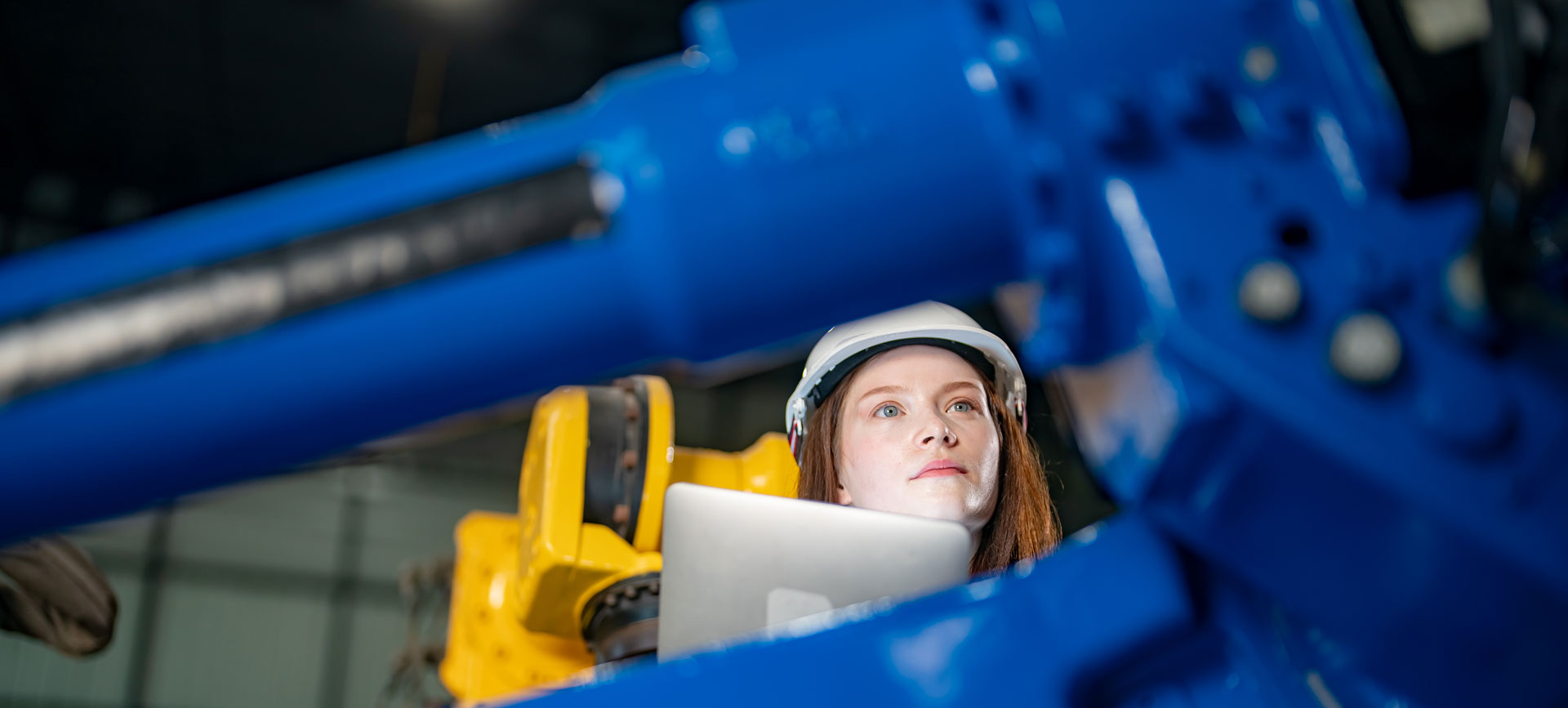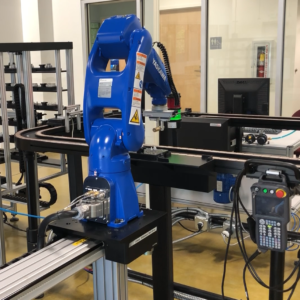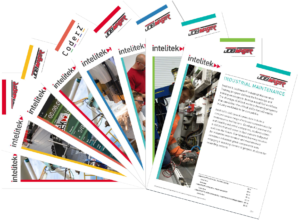As technology transforms nearly every type of industry, the demand for workers who are skilled in programming, controlling, and servicing robotics equipment continues to explode—and K-12 schools are expected to play a key role in filling this critical workforce need.
In manufacturing, robotics is driving industrial automation, leading to faster and more efficient production. In logistics, robots are being used to sort, pack, and transport items within huge fulfillment centers. In health care, robot-assisted surgeries are now common in many hospitals, increasing precision and enhancing patient outcomes.
Companies in these and other fields need robotics operators and technicians whose job is to control and maintain robotic equipment in these workplace environments, as well as robotics engineers who can install and program automated systems.
The U.S. robotics market is projected to reach nearly $80 billion by 2030, growing at a compound annual growth rate of 13.5 percent, Insight Recruitment reports.
The Bureau of Labor Statistics (BLS) predicts there will be over 1,000 robotics and automation technician job openings each year in the U.S. BLS also reports that the demand for robotics engineers is expected to grow by 9 percent from 2020 to 2030, which is faster than the average growth rate for all occupations.
“There is a shortage of talent throughout the whole industry from robotics engineers to technicians,” Katie Surkamer, president of 3P Mechatronics Group, told the Association for Advancing Automation. “At the same time, demand for robotics and automation is on the rise.”
The average salary for a robotics engineer in the United States is about $100,000, according to BLS data, while the average salary for a robotics technician—which requires less education—is about $70,000. With the right training and experience, students can be hired as robotics technicians right out of high school.
One useful resource is roboticscareer.org. Part of the ARM (Advanced Robotics for Manufacturing) organization, this is a site where you can find not only education resources and training programs, but the site lists over 1500 jobs across the country for robotics technicians, operators and specialists.
Teaching students practical skills in robotics can put them on a pathway to becoming a robotics technician or operator. With some college experience as well, students can go on to become robotics engineers.
Intelitek has been a leading provider of training systems for industrial robotics careers for more than 40 years. We provide hardware, skills-based training and curriculum, industry certification programs, and hands-on workshops that help prepare students for modern industry jobs.
Intelitek solutions include robotic arms that students can learn to program and operate for a variety of industrial applications; preconfigured robotics carts that serve as all-inclusive mobile training stations for students; and even 3D simulation environments that allow schools to scale robotics training to more students at an affordable cost. Intelitek is also a member of ARM.
For more information, see our robotics training solutions page.
























